This is most evident in the fields of public investment, land and real estate management, public equipment procurement, administrative procedures for investment in business development, and the provision of services directly related to people and businesses. This situation has delayed and stagnated public service activities, eroded and weakened the trust of people and businesses in state agencies. More importantly, it hinders the motivation and resources for development, affecting all aspects of social life. However, some delegates also said that only with a clear, transparent, and strict legal system can officials have the confidence to do their jobs. Officials are not afraid of mistakes, not afraid of responsibility, dare to be proactive and creative, only when they are protected on a solid basis of legal regulations.
Fear of being wrong
The psychology of being afraid of making mistakes and not daring to do anything, shrinking back with the notion that "no action, no mistake" has appeared "more and more" since the COVID-19 pandemic. Some people liken it to the fact that if COVID-19 drains the strength of the medical staff, the inspections and checks that follow are like the wind, sending "chills down the spines" of many people who have just emerged from the fight against the pandemic. This is the context that "broke the camel's back" causing fear to spread throughout the medical sector, leading to a series of consequences, the most serious of which is the shortage of drugs and medical supplies for public hospitals. Similarly, thousands of hectares of land have been abandoned for many years due to both objective and subjective reasons and from the investors themselves. Some projects have encountered difficulties in site clearance due to policy changes over many periods; The settlement of administrative procedures related to projects with non-budgetary capital using land is still slow. Some investors deliberately delay procedures and are slow to coordinate site clearance and put land into use.
Or the slow disbursement of public investment capital is not a new story. Almost the end of the first quarter of 2023, there are still 33 ministries, branches, central agencies and 55 localities that have not yet allocated detailed plans for investment capital from the central budget; notably, the Ministry of Health has not yet allocated (ie 0%) the plan for investment capital from the central budget in 2023. The cause of this slow situation is said to be due to the high price of construction materials, the impact of the COVID-19 pandemic causing the project implementation time to be prolonged. In addition, it is also due to the capacity of investors, contractors and especially the fear of making mistakes, the concept of "not doing anything to protect oneself" of many officials.
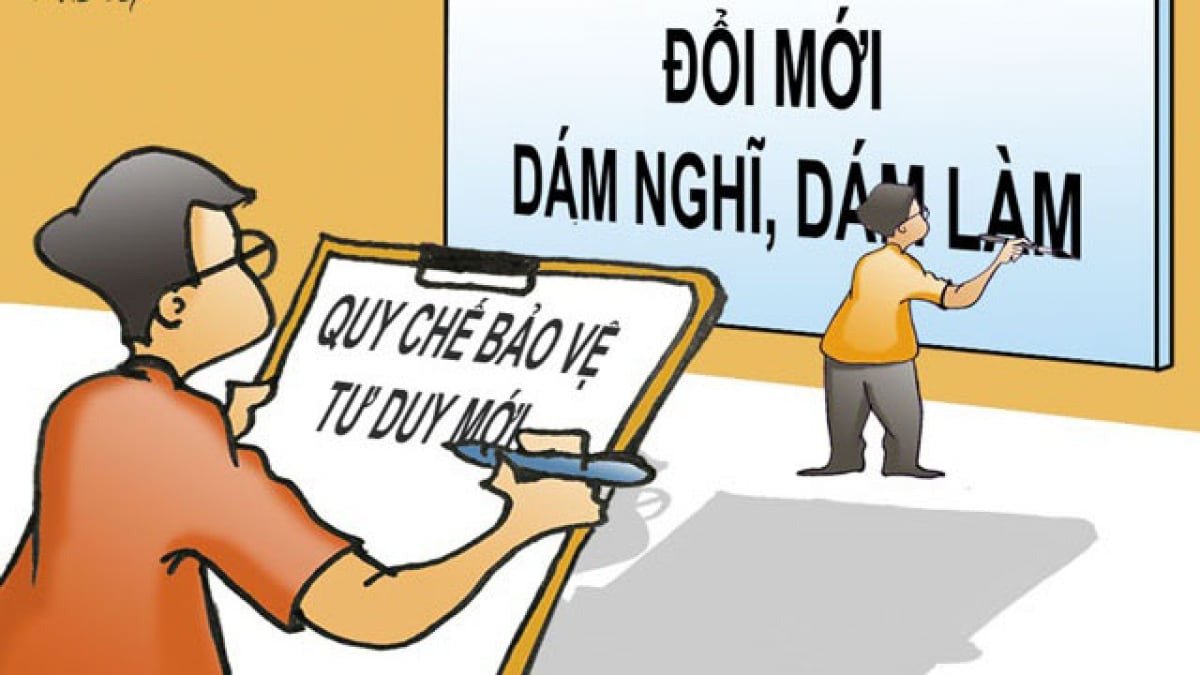
Pointing out the reasons for finding solutions to eliminate the mentality of "fear of mistakes" and "fear of responsibility" , Ms. Pham Khanh Phong Lan - President of the Ho Chi Minh City Pharmacy Association said that there is no synchronization of the legal system for some issues, leading to the situation that "for this issue, applying this law is correct, but when inspecting, checking, auditing, investigating, it is wrong. Applying it at this time is correct, but then checking at another time is wrong".
Ms. Pham Khanh Phong Lan said: “The evidence is that I went to monitor the reality in some provinces and cities, the opinion is: During the epidemic, “fighting the epidemic like fighting the enemy”, they stockpiled medicine according to Resolution 30 of the National Assembly. They thought that with the Resolution of the National Assembly, they could just do it. But when the inspectors and auditors came in, they audited according to current laws. Not to mention now facing prison, no one dares to do it, they are afraid”.
According to Associate Professor, Dr. Doan The Hanh - Ho Chi Minh National Academy of Politics, the lack of completion of legal regulations is only an objective factor. The subjective cause is the human factor. Because reality has proven that where leaders and Party committees care, cadres dare to make breakthroughs, there is a very high level of task completion: “I think that fear of making mistakes and not daring to make decisions comes in two forms. The first form is not having a firm grasp of the Party's policies, guidelines and viewpoints, then there is fear of making mistakes. If you have a firm grasp, then on the basis of the viewpoints, guidelines, policies, and even the proposals to request permission to pilot, there is no fear of making mistakes. The second is poor moral qualities, not enough, not up to par. If it is for the people and the country, then sacrifices are still done.”
In fact, in the difficult context, in 2022, there were still 8 ministries, central agencies and 30 localities that completed 100% of the assigned plan. This is the reason and practical proof of the mettle of the cadres.
“Fire tests gold, hardship tests strength”, only in the most difficult times can we see the capacity and will of those who dare to innovate. Standing member of the National Assembly’s Finance and Budget Committee Tran Van Lam said: The stages of public investment disbursement involve many fields, many agencies, and many legal policies. Among them, there are contents that are not really clear, still overlap, hindering and making it difficult for the process of implementing public investment disbursement. It is these difficulties that make a number of officials “hesitate” if they are not bold, do not dare to think, do, respond decisively, and do not dare to take responsibility.
I work fairly and objectively, so why should I be afraid?
In recent times, the Party and State's fight against corruption and negativity has achieved many positive results, gaining the people's consensus and enthusiasm. Accordingly, handling corrupt and abusive officials according to the law is necessary and regular, which is the duty of law enforcement agencies. Civil servants must look at those lessons to learn from them, train themselves to contribute and work better, not to shrink back and fear mistakes. If we work impartially and objectively, why should we be afraid?
However, in addition to tightening discipline, authorities also need to “prescribe medicine” for themselves, quickly change and correct the shortcomings in many regulations on public service implementation. Having too many regulations, one regulation being contrary to another, overlapping with another, also causes difficulties for officials and civil servants. If you do not do it, you will stagnate, if you do it, you will not know which regulation is correct...
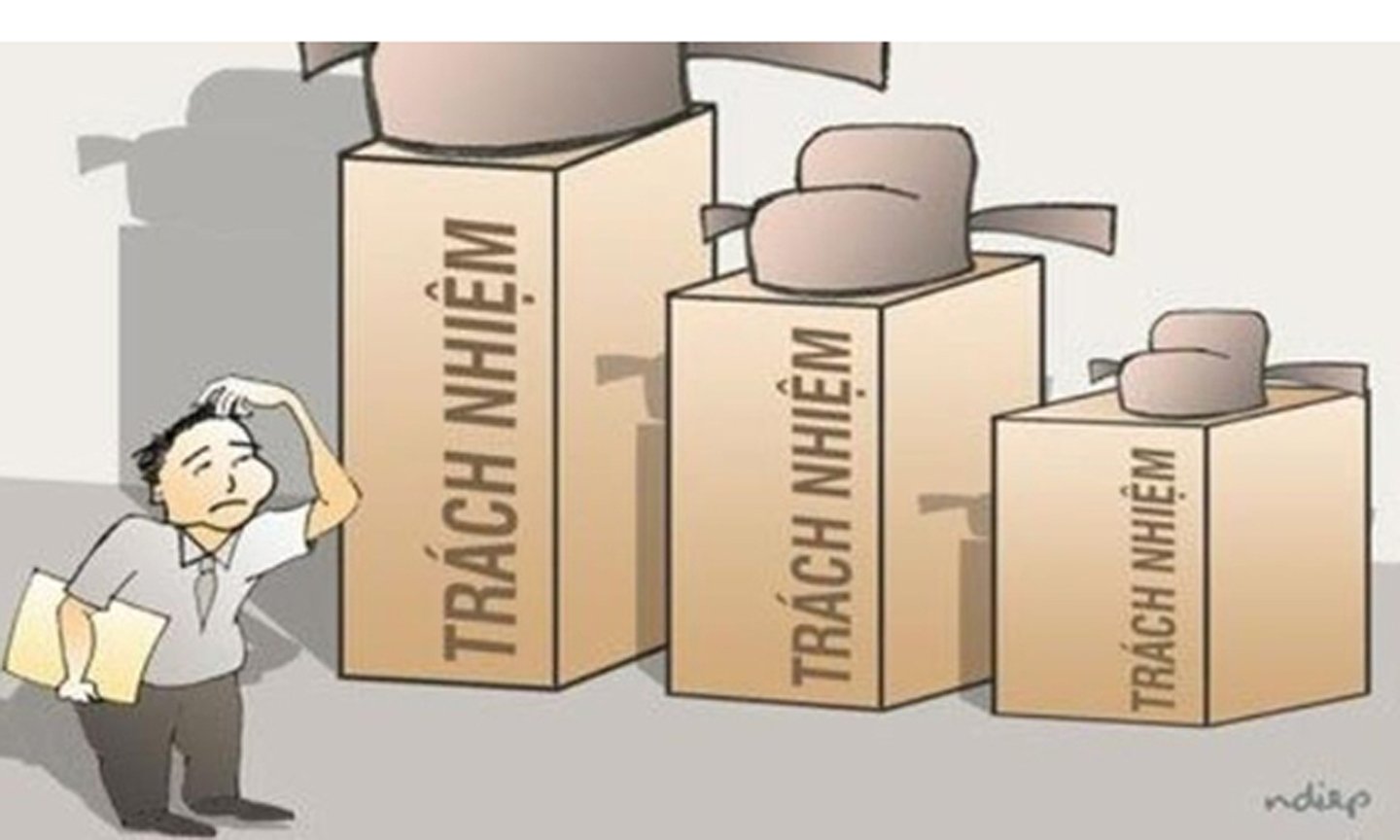
According to Associate Professor Dr. Le Quoc Ly - former Deputy Director of the Ho Chi Minh National Academy of Politics, it is time to look directly at the root of the problem and change the way officials are evaluated. Mr. Le Quoc Ly believes that it is necessary to evaluate officials quantitatively with very specific and scientific criteria, not qualitatively and generally. It can be called a set of KPIs - indicators for evaluating work performance. KPIs will help understand how well a company, a business unit or an individual is performing compared to the set strategic goals. "In a year, what an official in his position can do, what the results are must be very specific, not general or vague. If an official in a leadership position always keeps himself round and does not act for the common good, it will lead to many consequences. The biggest consequence is losing the trust of the people," said Mr. Le Quoc Ly.
The former Deputy Director of the Ho Chi Minh National Academy of Politics said that in the past, officials who worked “well” were often safe and sometimes promoted, but now the evaluation method needs to change. Those who are “well” but avoid and shirk responsibility will not complete their tasks.
Accordingly, the evaluation of leaders needs to be quantified based on the following criteria: How is public investment disbursement and economic growth, has people's lives improved, are people satisfied? The Party and the State need to "order" very specific tasks close to reality for officials and see if they achieve KPIs, from which there will be a comprehensive evaluation, which is the basis for replacement, transfer or promotion, appointment to new, higher positions.
The renovation process since the 6th Party Congress began with looking straight at the truth and stating the truth. Accordingly, to find a solution to the disease of “fear of responsibility”, we must first look straight at the truth and state the truth.
Mr. Le Quoc Ly believes that cadres cannot “stand still” and still “complete their tasks” . Therefore, there needs to be a driving force for those in the public administration to move forward, otherwise they will be eliminated from the system. Because in the current context, the situation in the country and the world has many difficulties, so cadres and party members need to demonstrate a sense of responsibility, dynamism and creativity, not try to avoid or push things away.
In the long term, it is necessary to step up the review, supplementation and improvement of institutions and policies, especially in the socio-economic fields where problems and difficulties still arise; promote decentralization and delegation of power associated with specific responsibilities and the inspection, supervision and control of power.
Besides, in addition to promptly transferring and replacing cadres with limited capacity, who are pushy, evasive, or afraid of responsibility, especially leaders who do not wait until the end of their term, it is also very important to accompany and encourage creativity, innovation, and breakthrough actions for the common benefit of cadres with courage, who dare to think, and dare to do.
According to Mr. Vu Van Phuc - Vice Chairman of the Scientific Council of the Central Party Agencies, to eliminate cadres who rely on the collective, are afraid of responsibility, and do not dare to make decisions, it is necessary to follow the spirit of the Party leadership: Whoever is discouraged should stand aside and let someone else do it. In addition, it is necessary to choose the right cadres. If the wrong person is chosen, they must be replaced immediately without waiting for the end of the term. As for cadres who intentionally cause loss, waste, negativity, corruption, and group interests, they must be strictly handled, "no forbidden areas", "no exceptions".
Previously, in Resolution No. 74/NQ-CP of the regular Government meeting in April 2023, the Government requested strict handling of organizations and individuals who avoid, push away work, shirk tasks, lack responsibility, causing delays or not deciding on issues and tasks under their authority; implementing rotation and handling of officials who are afraid of making mistakes and afraid of responsibility in performing public duties. Timely commendation and reward of collectives and individuals who perform well their assigned duties and tasks, and protection of officials who dare to think and dare to act for the common good.
This spirit was further emphasized by Minister of Home Affairs Pham Thi Thanh Tra at the National Assembly forum on May 31. In addition, the Minister said that it is necessary to clearly define the responsibility of the leader in performing public duties. Because reality shows that wherever the leader is determined, resolute, dares to think, dares to do, and clearly demonstrates the role of leadership, that place will be successful, disciplined, and have good public service discipline.
The Minister of Home Affairs also requested that inspection, investigation, prosecution and trial agencies continue to study and classify violations and wrongdoings in terms of nature, level and motive. If they are not for personal gain, embezzlement or corruption, they should be more tolerant and lenient to encourage and protect cadres who dare to think and act for the common good.
Khanh An
Source



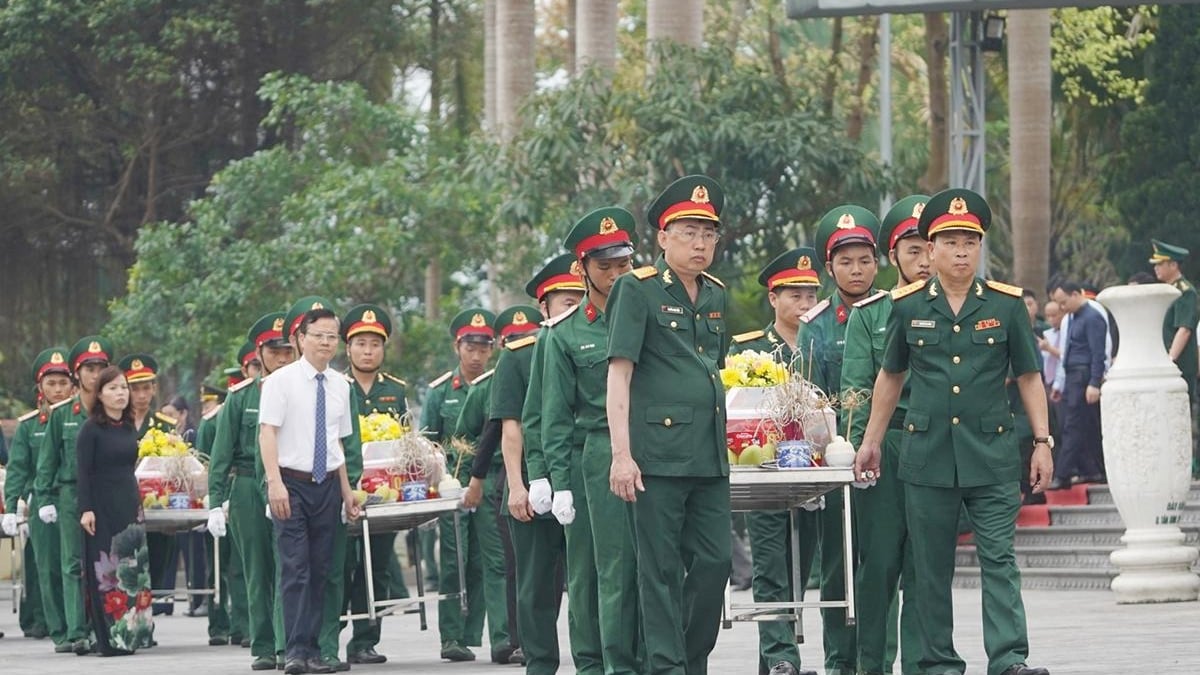


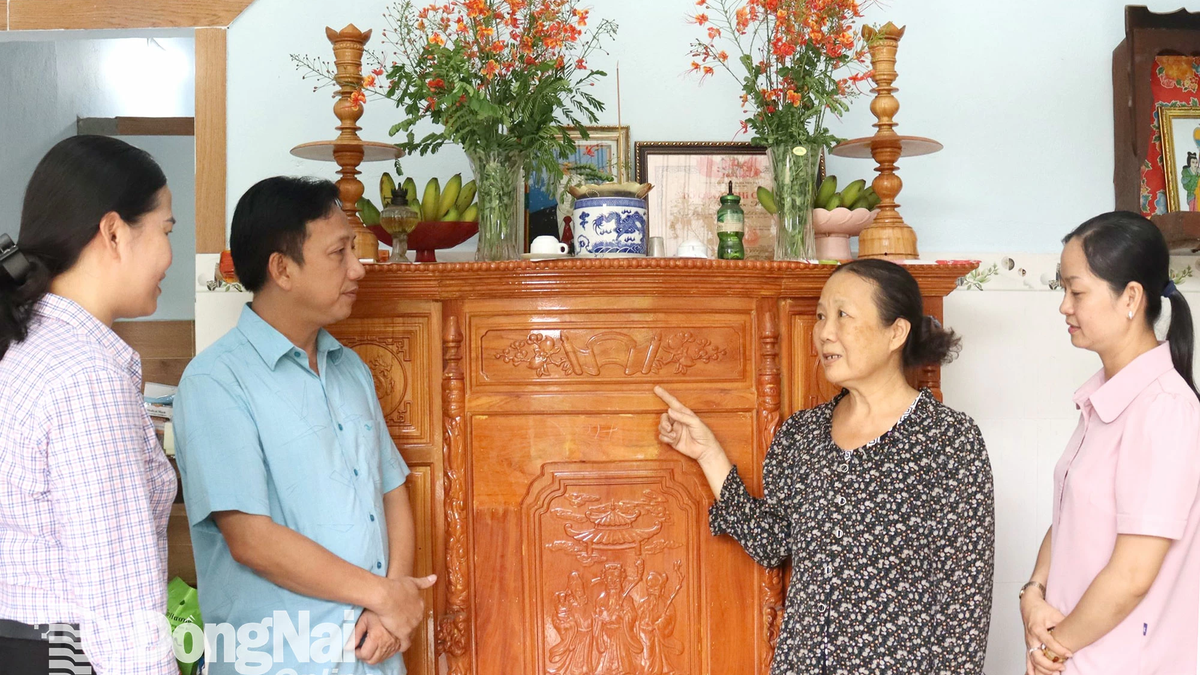

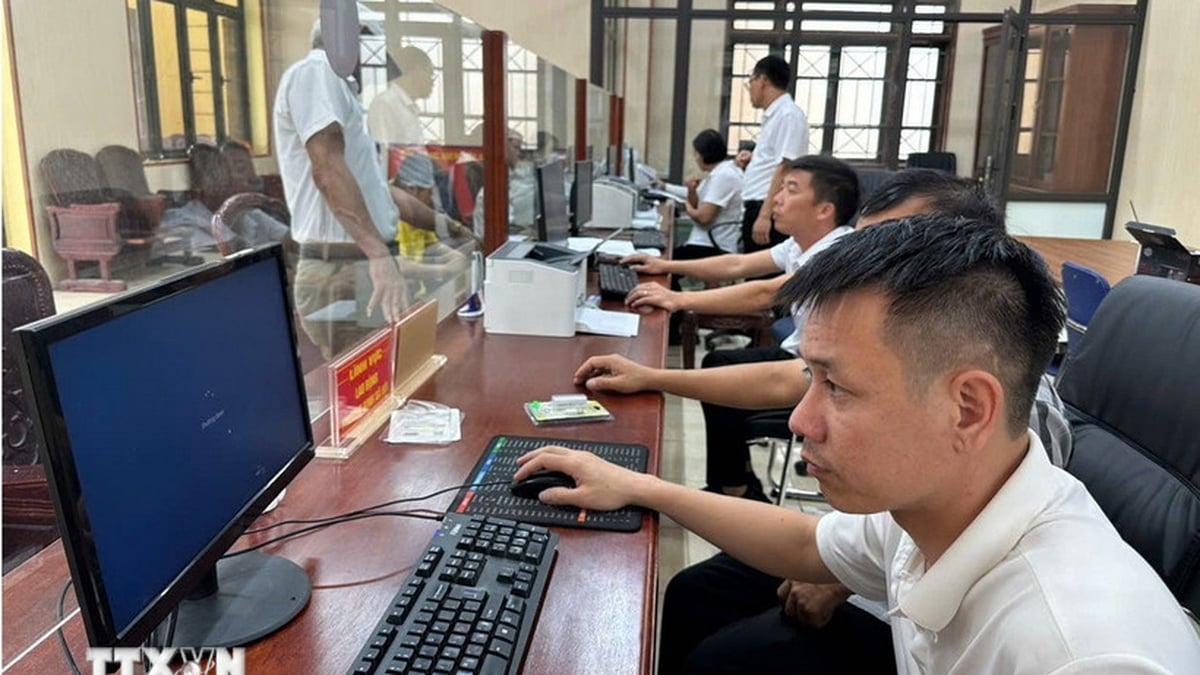


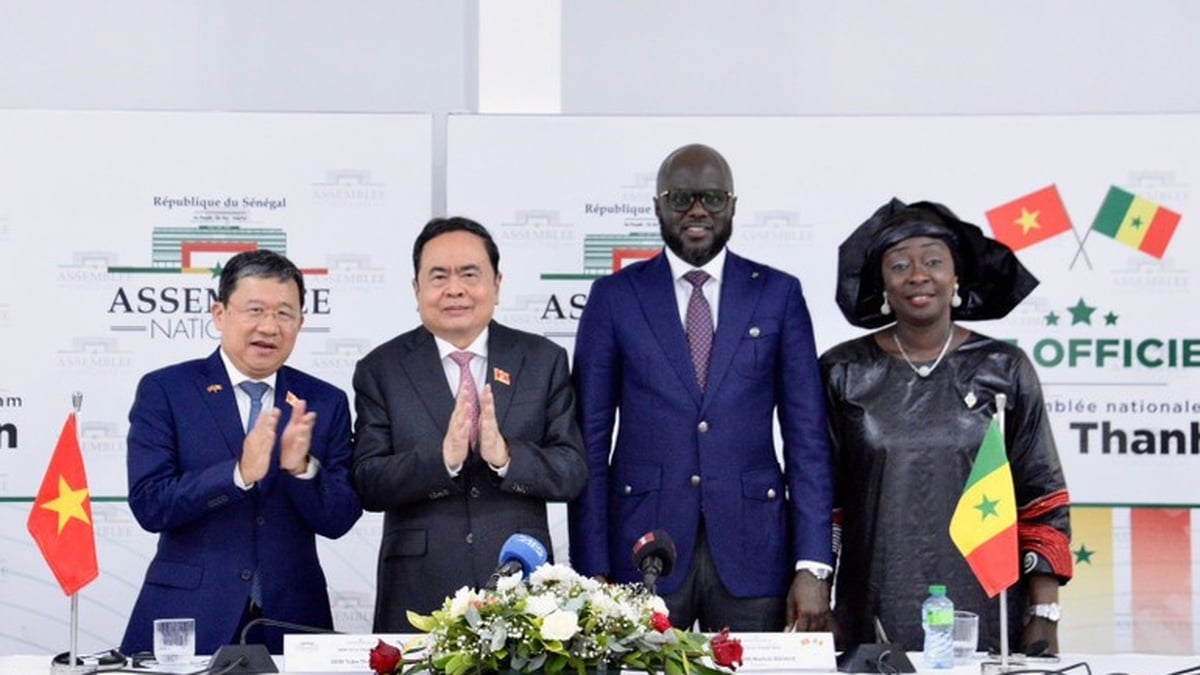












![[Photo] Signing of cooperation between ministries, branches and localities of Vietnam and Senegal](https://vphoto.vietnam.vn/thumb/1200x675/vietnam/resource/IMAGE/2025/7/24/6147c654b0ae4f2793188e982e272651)









































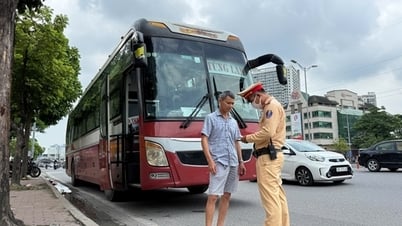



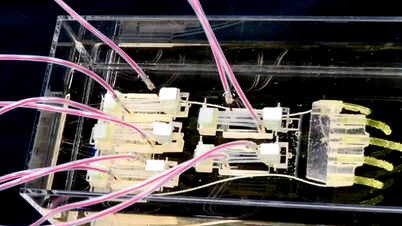
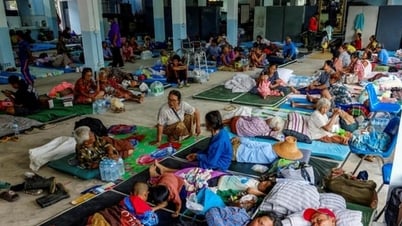






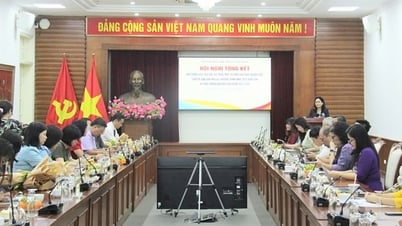

























Comment (0)